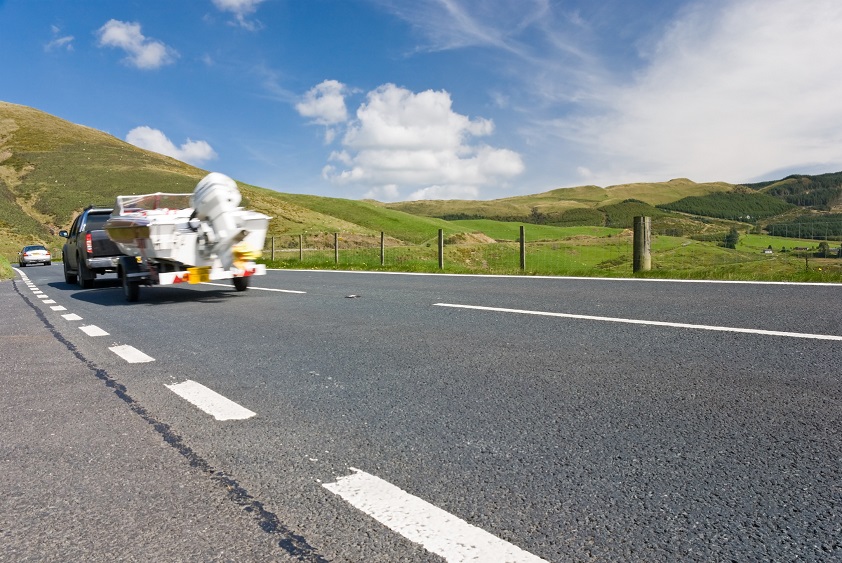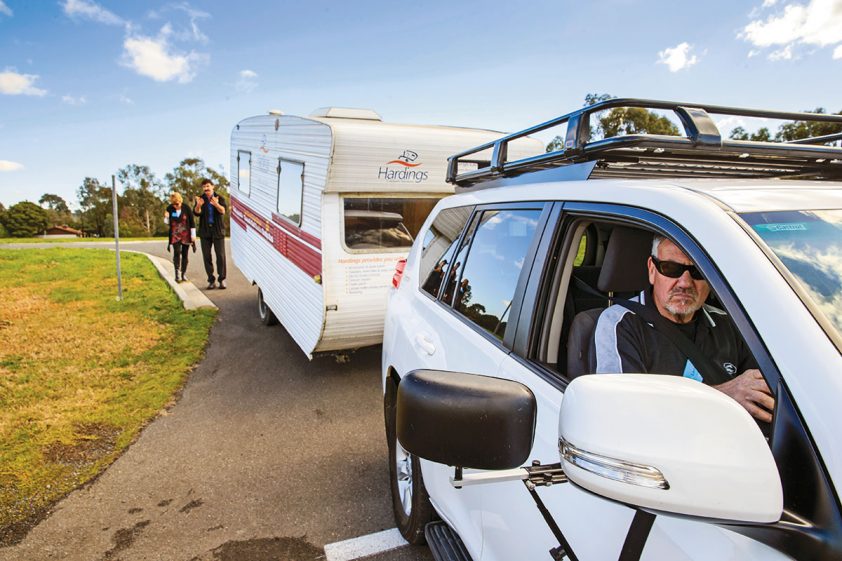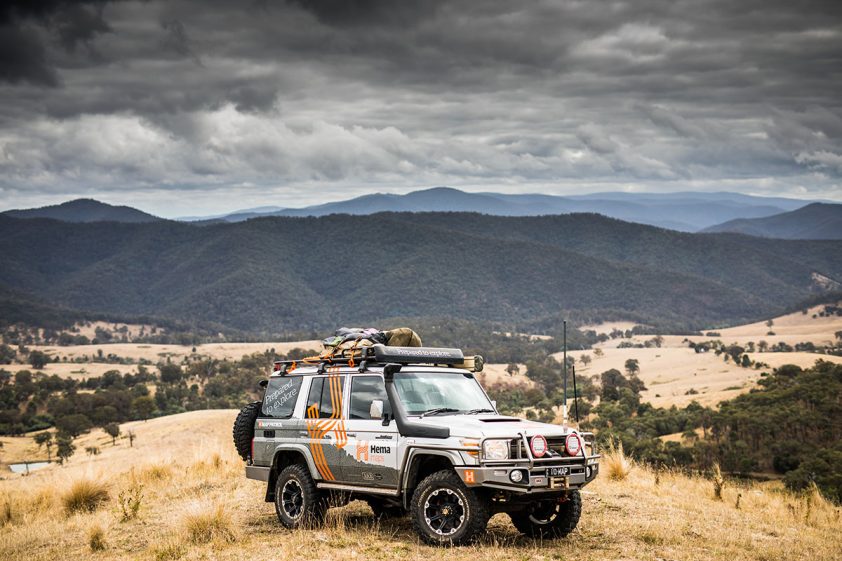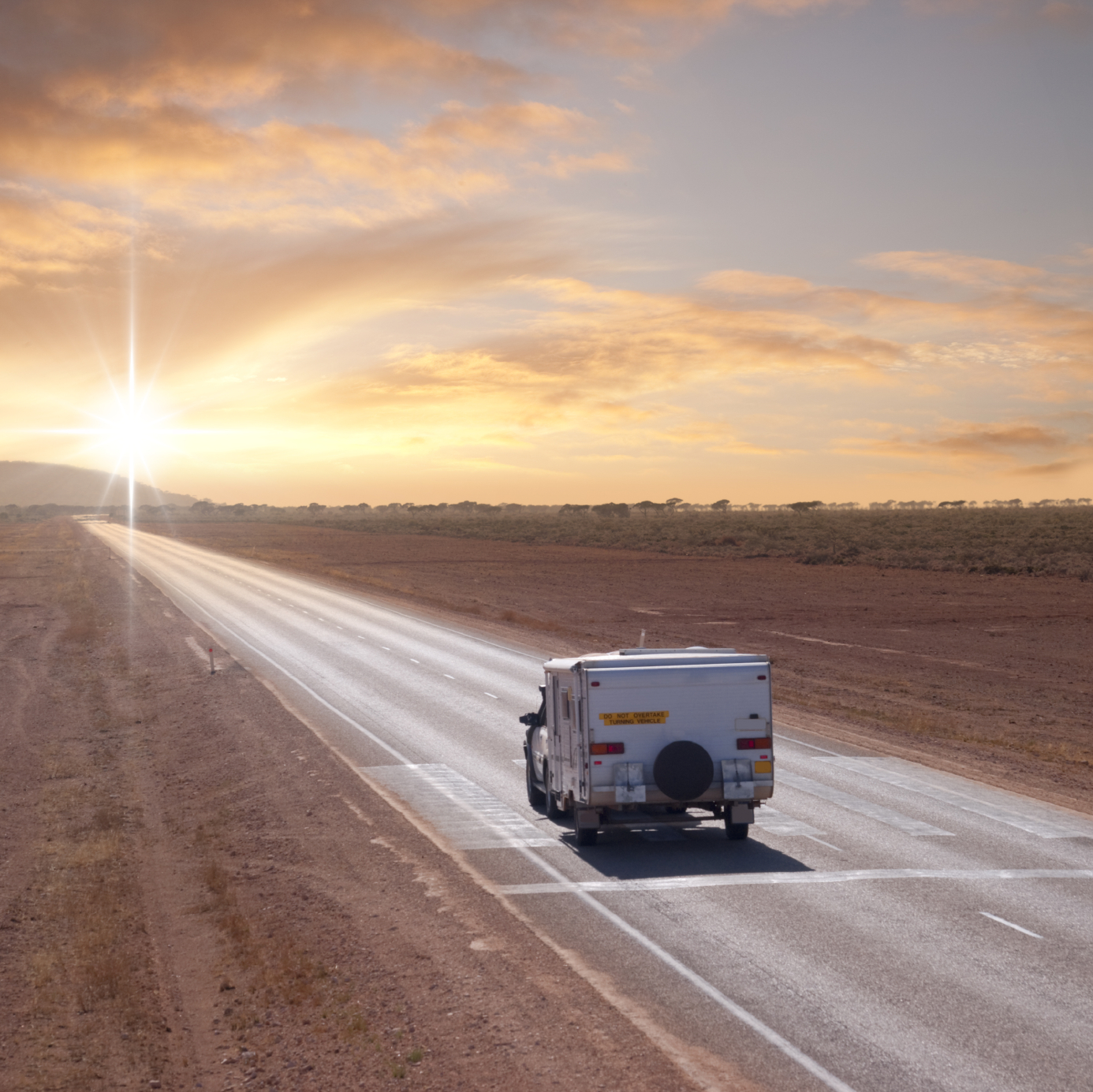Whether you’re towing the tinny to the river for some fishing or the cruiser to the lakes for Easter with the family, how do you know if your boat trailer brakes are adequate?
There are regulations concerning the minimum requirements for braking systems in boat trailers. It really just comes down to the type of trailer you have and the combined weight of the trailer and load.
National towing regulations refer to gross trailer mass (GTM), which is the total mass that can be imposed on the trailer’s axle when the trailer is fully loaded and coupled to the towing vehicle.
This means you will need to take into account the combined weight of the trailer, the boat and all the gear that normally goes in the boat, such as eskies, fuel, anchor, fishing gear, safety gear, live bait tanks and spare clothes.
What are the regulations for boat trailer brakes?
- No brakes are required for trailers with a single axle that do not exceed 750kg GTM. This might apply for a trailer carrying a light dinghy or canoes, but could soon tip over once the combined weight is taken into account.
- If the trailer and boat combined weigh 750kg or more, you will need override mechanical or hydraulic brakes.
- If together they weigh up to 2,000kg, brakes are required on the wheels of at least one axle. They can be override mechanical brakes or override hydraulic brakes. Override brakes may only be used on trailers that do not exceed 2 tonnes GTM.
- Where the total mass is over 2,000kg, you will need to have brakes operating on all wheels, controlled from the cab of the towing vehicle.
- Any trailer over 2,000kg GTM must also have an approved breakaway system in case the trailer becomes disconnected from the towing vehicle while in transit. Under these circumstances, the brakes must remain applied for at least 15 minutes.
Caring for your boat trailer brakes
Brakes on boat trailers have to work in the toughest environment, since they are constantly being exposed to corrosive seawater. Regular and thorough washing after every trip is essential. Always test them before use and have them serviced regularly.
Where possible, look for systems that have been specially designed for marine use, such as hot dip galvanised disc rotors and mechanical calipers. If hydraulic calipers are used, consider versions available in stainless steel or protective coatings such as Dacromet® .
Whether or not you need brakes on the trailer by law, it is worth considering the safety of your boat, towing vehicle and other drivers. Besides, when you’re bringing home that monster catch of the day, there’s always the possibility your load will tip over the regulated weight, so it’s a good idea to invest in the best brakes possible for your trailer.
Do you need electric brake controllers on your boat trailer? Check out our articles on electric brake controllers and How to determine the right braking system for your boat trailer.





